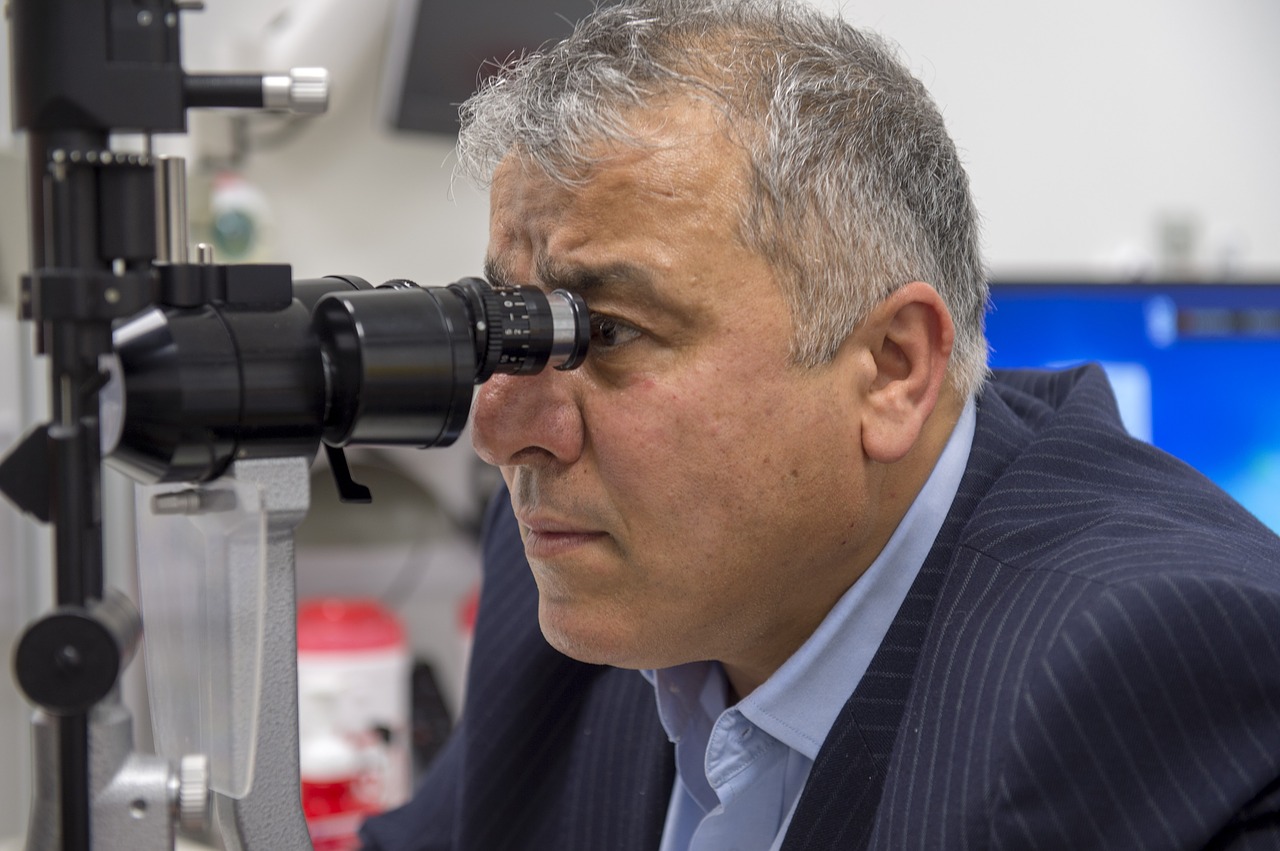Today is World Down Syndrome Day, a day to bring awareness to the disorder and recognize the progress made in Down Syndrome research.
According to the Centers for Disease Control and Prevention (CDC), 6000 babies are born with Down Syndrome each year in the US. Down Syndrome or trisomy 21 leads to abnormal body development (almond-shaped eyes, short stature, poor muscle tone) and poor cognitive development, resulting in learning disabilities and problems with speech and emotion. While there is no “cure” for Down Syndrome, individuals can live fulfilling lives with the help of speech and motor therapy.
Improving quality of life – which includes recognizing and addressing certain health risks – is a critical area of Down Syndrome research. People with Down Syndrome are more susceptible to disorders such as dementia and hypothyroidism, therefore efforts to develop better diagnostic tests and therapies are needed.
Parents and caregivers play a critical role in the care of a child with Down Syndrome. They may wish to treat their children with dietary supplements or seek opportunities to enroll their children in clinical trials.
Below are some of the recent advances in Down Syndrome research.
Using Blood to Diagnose Alzheimer’s Disease
People with Down Syndrome have a higher risk of Alzheimer’s Disease, which is believed to be due to an extra copy of the amyloid precursor protein-coding gene that results from trisomy 21. Diagnosing Alzheimer’s Disease in people with Down Syndrome poses a challenge to clinicians, as intellectual ability can be highly variable between individuals, and cognitive impairment is one feature of Alzheimer’s Disease and dementia.
Researchers from Spain found that certain biomarkers in the blood and cerebrospinal fluid (CSF) could adequately distinguish between suspected Alzheimer’s Disease and full-blown dementia among people with Down Syndrome. The biomarker with the strongest plasma-CSF correlation was neurofilament light protein (Nfl), which plays a role in neuron structure. Other studies implicate Nfl in the progression of Alzheimer’s Disease, including a recent Nature study that showed that the rate of change of Nfl blood levels could predict who will have Alzheimer’s Disease about 16 years before estimated symptom onset.
The National Institutes of Health reports estimates that more than half of people with Down Syndrome will develop Alzheimer’s Disease dementia as they age. This figure highlights the urgency to develop sensitive tests that can diagnose this neurodegenerative disease early in a vulnerable population. The results of this recent research suggest that a strong biomarker of Alzheimer’s Disease can be detected in a noninvasive, inexpensive blood test. Such diagnostic tools can help doctors treat patients faster and help families prepare for the future.
Promoting Healthy Living Through a Smartphone App
Earlier this year, the UK’s Down Syndrome Association’s announced the development of a new mobile application aimed at improving the health of people with Down Syndrome.
A slower metabolic rate, lower muscle tone and hypothyroidism (an underactive thyroid gland) can contribute to weight gain in individuals with Down Syndrome. In a 2016 review article, researchers concluded that the prevalence of overweight and obesity ranged from 23 to 70 percent according to nearly three decades of research.
The DSActive Programme was launched in 2006 to provide opportunities for people with Down Syndrome to engage in sports and recreation. Project Manager of DSActive Alex Rawle said that the new “Health Swap” app will encourage users to live healthier and more active lives.
The nutrition app will help users monitor their weight and exercise levels, providing them with additional nutritional information. According to the UK charity, this is the first app of its kind designed specifically for people with Down Syndrome.
“Technology is an important part of modern life, and this is no different for people with Down Syndrome,” said Rawley.
The new app intends to meet the unique needs of individuals with Down Syndrome, which could help inform the development of other mobile applications.
Dietary Supplements to Treat Down Syndrome?
Knowing the mental and physical challenges that lie ahead, parents of children with Down Syndrome might seek remedies to improve their children’s outcome. However, a parent’s compassion might lead to ill-informed choices.
Dr. Amy Feldman Lewanda, a medical geneticist at Children’s National Health System surveyed nearly 1200 parents of children with Down Syndrome to learn who was giving their child dietary supplements claiming to improve their child’s health. The 2018 study was published in the Journal of Pediatrics.
At the time, one-third of the surveyed group say they give supplements to their children. Of 150 products described by parents who provide supplements to their children, the most popular ones were antioxidants like curcumin (a byproduct of turmeric) and a compound in green tea. The researchers found that parents spend $90 per month on average on dietary supplements, and approximately 87 percent of them believe they are effective.
However, there are no US Food and Drug Administration (FDA)-approved dietary supplements for children with Down Syndrome. While not all supplements are dangerous, Dr. Lewanda warns parents of potential consequences. Alarmingly, almost 20 percent of parents do not inform their child’s pediatricians of dietary supplement use. This type of research can help open up the discussion between pediatricians and parents about the use of dietary supplements in children with Down Syndrome.
“Regardless of the practice, pediatricians need to know about all supplement use, which can interfere with medications or surgeries–and cause excessive bleeding,” she said.
Furthermore, too much of a good thing could be harmful – this applies to vitamin supplements, which often contain concentrations exceeding the required daily intake. The study mentions one supplement called Speak, which contains 5000 percent of the recommended daily value of vitamin E. While vitamin E has been linked to slowing cognitive impairment in people with mild Alzheimer’s Disease, more clinical research is required to support this finding.
Down Syndrome Clinical Trials
Such safety and efficacy data can be obtained through clinical trial testing; in fact, a three-year clinical trial concluded that vitamin E treatment did not significantly slow the progression of cognitive decline in adults with Down Syndrome. Currently, there are 13 clinical trials about Down Syndrome available on clinicaltrials.gov.
More trials can be expected in spring 2019, following the launch of the Down Syndrome Clinical Trials Network (DS-CTN) by LuMind Research Down Syndrome Foundation (LuMind RDS). The 11 US trial sites will be equipped to conduct large-scale trials with an initial focus on Alzheimer’s Disease prevention in adults with Down Syndrome.
In a press release, CEO of LuMind RDS Hampus Hillerstrom said, “DS-CTN is modeled on the most successful clinical trials networks (such as Cystic Fibrosis Foundation’s Therapeutics Development Network) and will include clinicians who are experts in providing care for individuals with Down syndrome. They will be patient-focused and enable the rapid enrollment of volunteers for industry and publicly funded clinical trials.”
Eventually, the group hopes to evaluate interventions that improve sleep, speech and cognition.
Through continued research, individuals and families affected by Down Syndrome may experience improved quality of life. Learn more about World Down Syndrome Day and this year’s international focus, “Leave no one behind”, here.












Join or login to leave a comment
JOIN LOGIN